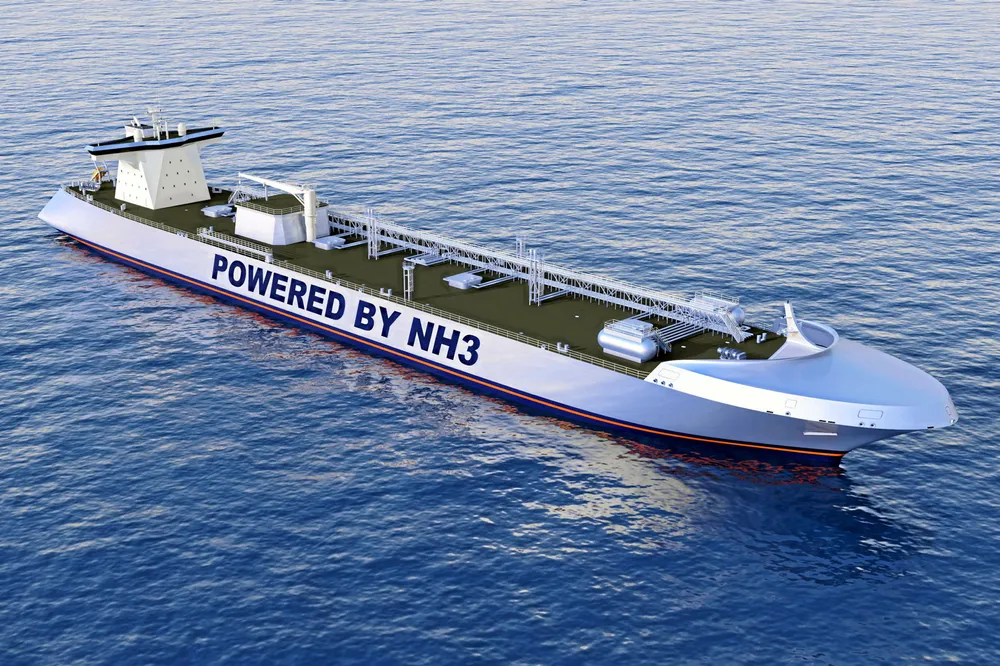'Green hydrogen-based shipping and aviation will not happen without major action from governments': report
E-fuels are not cost-competitive and will be unable to enter the market without additional policy intervention, says OECD transport agency

E-fuels are not cost-competitive and will be unable to enter the market without additional policy intervention, says OECD transport agency
